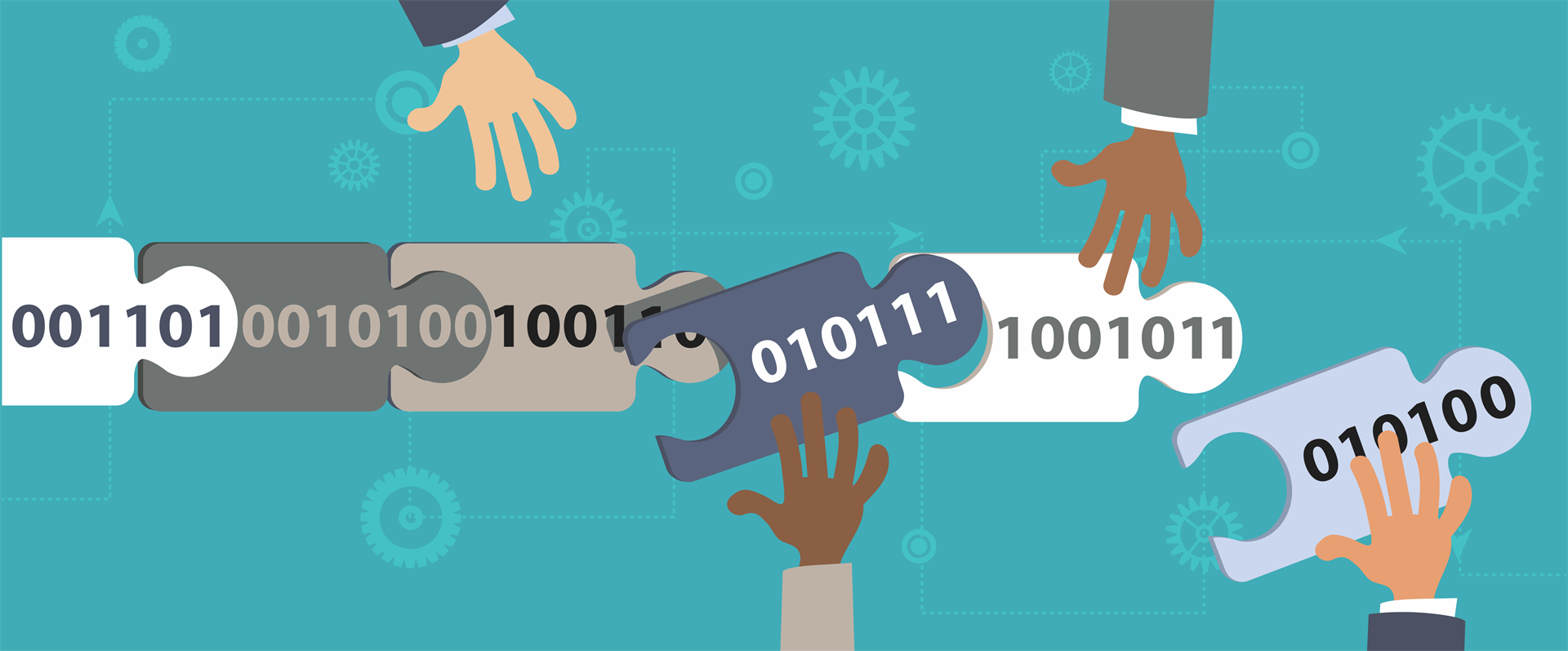
Beneath the bitcoin hype is a system that could truly change the way that businesses actually do business with each other and consumers, and the way consumers manage and transfer their own data - blockchain.
The applications across industries appear to be endless - funding and delivering food to Syrian refugees, the world’s largest shipping company (Maersk) using it to track cargo and various banking institutions doing their own testing. It’s also been suggested that thanks to its transparent and decentralised nature, it will challenge the premise of capitalism.
WE EXPLORED:
-
What blockchain is and how advanced it is
-
What are the benefits of blockchain for B2B and B2C
-
It’s limitations and challenges
-
The role of government
WITH PANELISTS:
Rosa Thompson - Project Manager, ConsenSys & Co-organiser, Women in Blockchain Melbourne
Dr Joseph Liu - Senior Lecturer, Faculty of Information Technology, Monash University
Lyndon Gasking - Founder, Zoetic.AI
Dr Donald Feaver –CTO, E2Language.com, Branded Trust Assurance Systems, LearningBase and TDS Web 3.0 Solutions
THE TAKEOUTS
-
The key features of blockchain include a decentralised, distributed ledger where there is consensus between all participants about the validity of a transaction and immutability once it has been recorded.
-
Blockchain creates a completely transparent system and in theory, this transparency should mean that ethical and credible participants – or organisations - rise to the top, while the unethical and fraudulent are exposed.
-
Brands where ethics and sustainability are core to their values, can differentiate themselves with records that blockchain enables them to have and can also make more informed decisions on who they do business with.
-
Transparency does not equal credibility. Having the ability to upload raw data into the blockchain doesn’t necessarily provide context - how and where the analysis was completed and how was the data was validated before it was entered. The devil lies in the details.
-
Decentralisation means no central point of regulation and authority. When working across borders, businesses are still dealing with countries that have different rules, regulations and standards. This can make it difficult to establish enough trust and confidence to reach consensus.
-
A distributed ledger means participants having immediate and total access to data can create security issues. It can expose sensitive data to competitors and leave you vulnerable to theft of intellectual property.
-
Businesses are trying to understand the value proposition of blockchain, alongside implications for strategy and consumer and business confidence.
-
Using blockchain adds to the cost of goods and services which is inevitably passed on to the customer. At this stage, the equation doesn’t always stack up.
-
Sophistication and innovation are needed to propel blockchain forward to where the value proposition and strategic implications are clear, and any costs passed on to the customer are minimised.
-
Blockchain is in its infancy. Currently, the benefit lies when it’s seen as a tool that is part of a bigger solution working cohesively with other tools (like IoT).